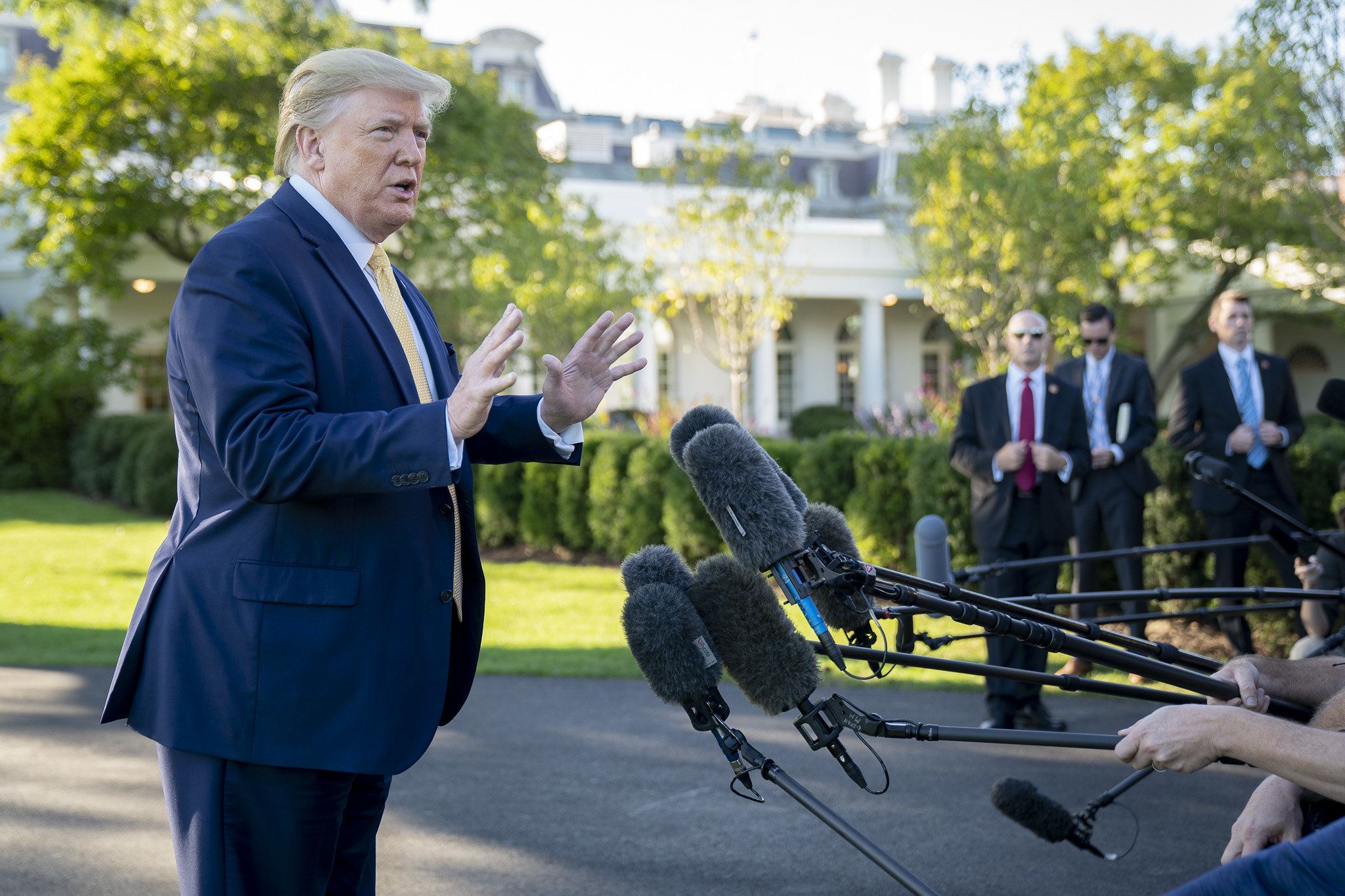Following the news these days can be exhausting. “Voters Worn Out by Political News” declared a front-page story in yesterday’s New York Times. The story quoted average Americans across the country who are so overwhelmed by the volume of specifics about impeachment and so doubtful of facts, given all the “fake news” out there, that they’ve simply stopped keeping up. The story was full of quotes from voters like Jerre Corrigan who didn’t bother to watch the impeachment hearings.
“It’s harder now — they want to grab you with those headlines,” said Ms. Corrigan on Wednesday night from her home in Stevens Point, Wis. “Trump did this, Trump did that. You have to go in and really research it. And I don’t think a lot of people do that.”
We can all empathize with Corrigan. The news is often as dispiriting as it is complex and confusing.
But that, of course, is exactly how Donald Trump wants us to feel. And if you’re a reader of this site, by definition, you haven’t given in to those emotions.
The hundreds of thousands of people who read our content are a diverse lot, and it’s dangerous to generalize. But one thing we know is that they are highly educated and voracious consumers of political and policy information. They read multiple mainstream national newspapers, listen to public radio, and often watch cable shows. Yet they come here because they feel they are not getting the full story.
At the Washington Monthly, we know that to keep you informed requires covering three distinct but interwoven dramas simultaneously. First, there’s impeachment. We try to provide shrewd, reliable, and non-histrionic analysis to help you follow the ever-changing cast of characters and convoluted plots. Second, we are covering the 2020 election by focusing not just on polls but on the substance of what the individual candidates are proposing—and how well their messages are resonating.
Third, because we all have a sense that none of the candidates have exactly the right messaging and mix of policies to dislodge the president, we spend a lot of time searching out and advocating for bold new policy ideas that push Democrats out of their comfort zones—ideas that could not only solve the major problems facing the country but change the dynamics of the election. We believe, for instance, that candidates who get behind strengthening antitrust enforcement can win a substantial number of rural voters, who, more than most Americans, feel their economic well-being crushed by the jackboot of agricultural monopolists. We know that the single best way to ensure that more citizens cast ballots is to expand universal vote by mail.
And increasingly, candidates are picking up what we have to say on both of these issues.
If you think this work is valuable and important, there’s something you can do to help: make a donation during the fundraising drive we’re beginning today. In fact, do it right now. Give whatever you can—$10, $20, $50, $100, $1,000—and for a limited time only your contribution will be matched, dollar for dollar, thanks to a generous challenge grant from NewsMatch.
But that’s not all. If you give $50 or more, you’ll receive a complimentary one-year subscription to the print edition of the Washington Monthly. (Yes, you can read our magazine stories online—we don’t do paywalls—but it’s much more fun to read them in print.)
Your contributions to the Washington Monthly are vital, tax-deductible, and much appreciated.



